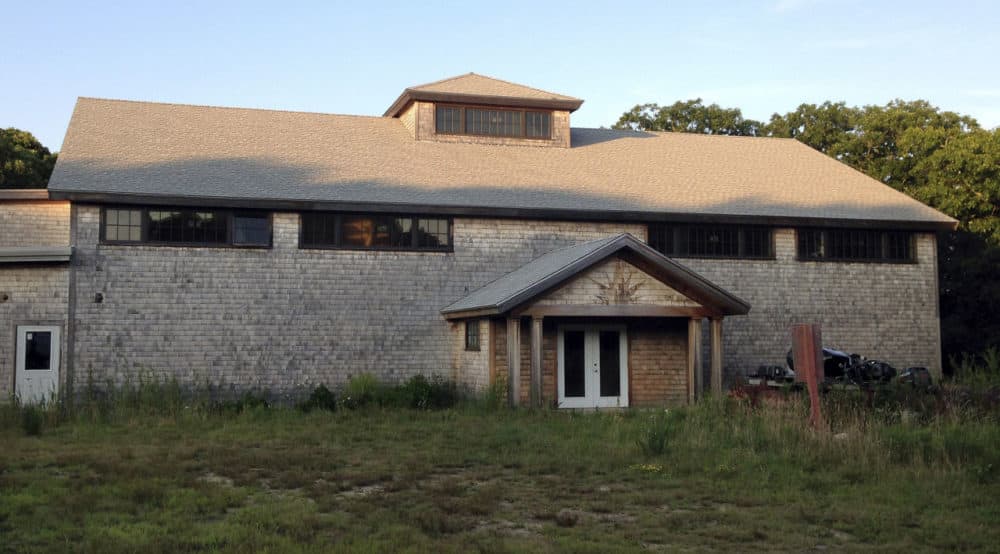Advertisement
Future Of Tribe Casino On Martha's Vineyard Rests With Judge

An Indian tribe planning to build a casino on Martha's Vineyard doesn't exercise enough governmental oversight on its tribal land there to be allowed to operate a gambling hall, Massachusetts and other opponents of the plan argued in federal court Wednesday.
"The police force, the fire and ambulance service are all provided by the town, not the tribe," said Felicia Ellsworth, a lawyer for the Aquinnah/Gay Head Community Association, which has joined the state and the town of Aquinnah in a lawsuit seeking to block the project.
"The tribe doesn't have a school system, there's no taxing system, no health board, no criminal code, no prosecutor, no jail," she said.
But the Aquinnah Wampanoag tribe pushed back, saying it fills the positions of two tribal rangers and a harbormaster and provides housing, health care services and other programs for its approximately 1,200 members who live on Martha's Vineyard and the mainland.
"What you have here is a thriving tribal government that is looking to do more but is already doing far more than what's required," John Duffy, the tribe's lawyer, said.
U.S. District Court Judge Dennis Saylor took the arguments under advisement and will issue a ruling.
The tribe started work on its proposed gambling hall last month, raising the ire of town officials, who complained that the tribe had not secured the proper permits. The town then sought — and received — a federal court order demanding the tribe stop constructing the hall until a decision is reached in the lawsuit.
The hearing also comes just days before the tribe is to hold a Sunday referendum on the proposal.
The tribe wants to build a gambling hall offering electronic, "high stakes" bingo-style games at the site of an unfinished tribal community center. They are not proposing to offer traditional casino table games, such as blackjack, craps and roulette.
The arguments in court pivoted around whether the tribe's plan fell under the federal Indian Gaming Regulatory Act, passed by Congress in 1988, which the tribe says allows it to offer bingo-style games on tribal lands.
But Assistant State Attorney General Juliana deHaan Rice argued that even if the federal law applied, it still would not override a land settlement reached between the tribe, state, town and a local community association.
Under that 1983 accord, the tribe received title to nearly 500 acres on Martha's Vineyard, but agreed to abide by all local and state laws, including those governing gambling.
Under a 2011 law, Massachusetts opened the door for casinos, but all gambling facilities have to be licensed by the state. The Aquinnah Wampanoag tribe has not sought a state gambling license.
Duffy said the federal regulatory law supersedes the land settlement deal, which Congress approved in 1987.
"You can't subject this tribe to two separate regulatory schemes," he said.
But attorneys for the opponents noted that final congressional approval of the Aquinnah land deal and the federal regulatory law occurred about a year apart and within the same session of Congress.
Ronald Rappaport, a lawyer for the town, said, "It makes no sense that Congress would spend its time passing a bill which outlines the responsibilities of four governments - the United States, the tribe, the Commonwealth and the town - and then one year later repeal them."
This article was originally published on August 12, 2015.